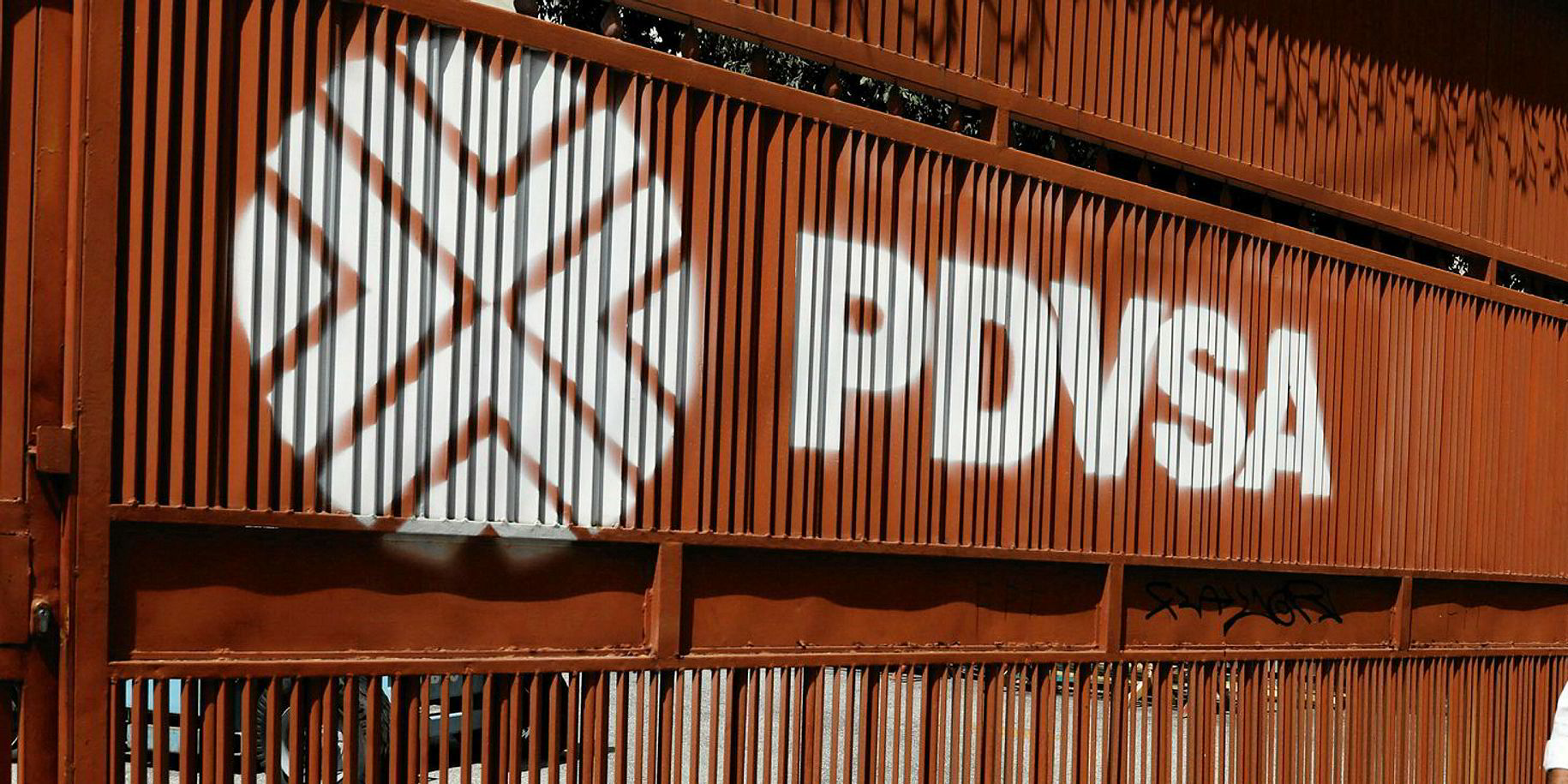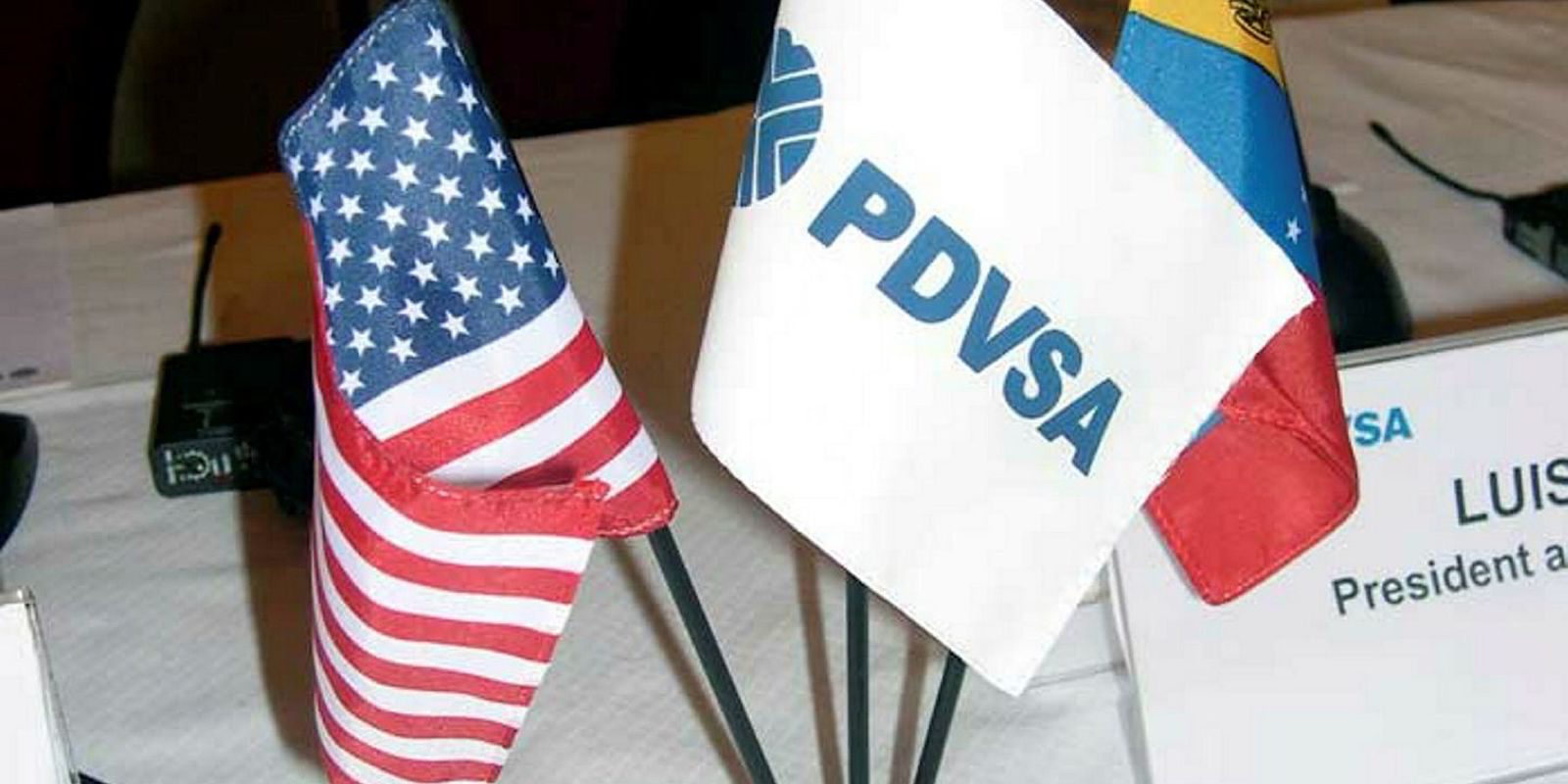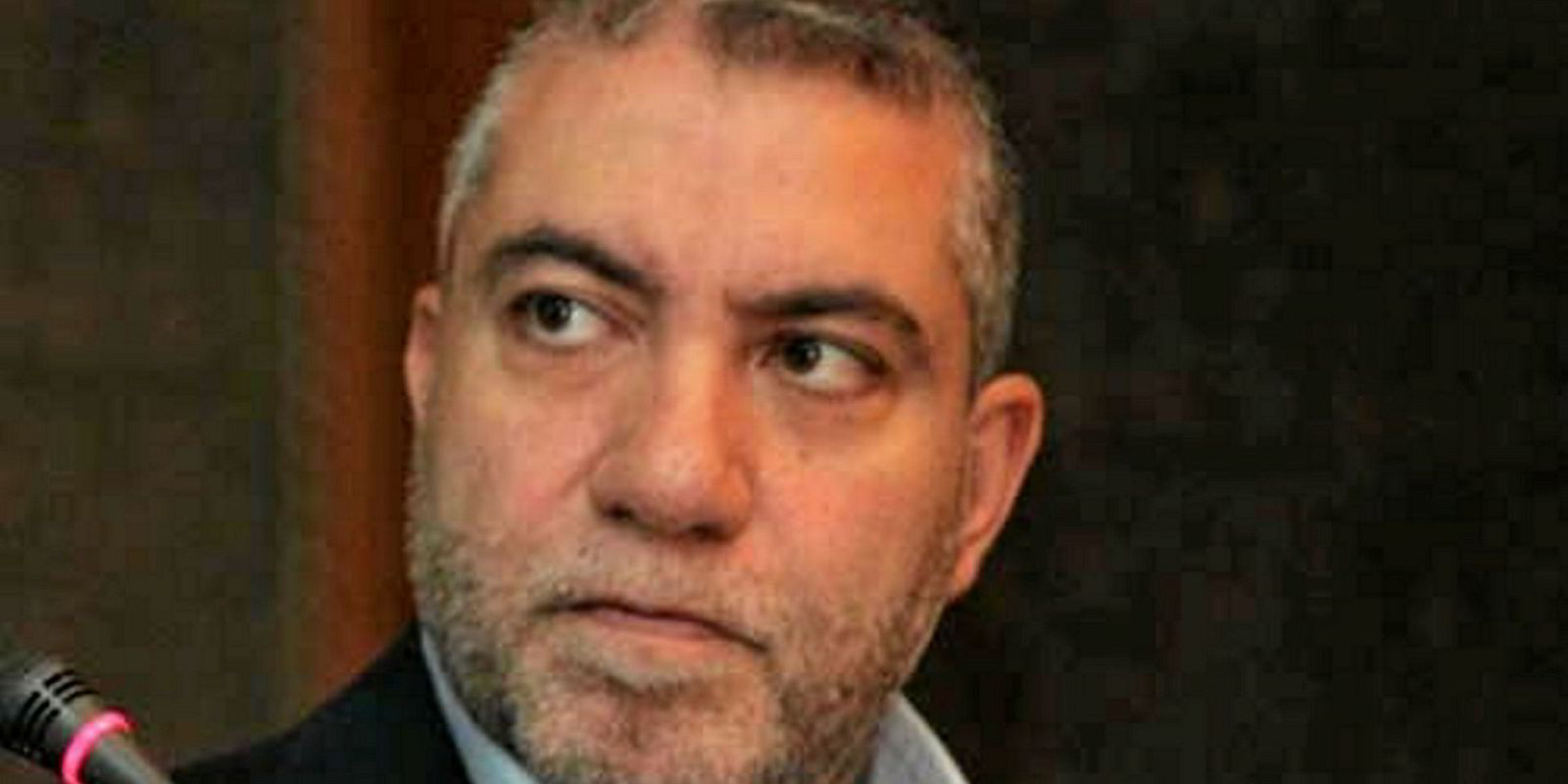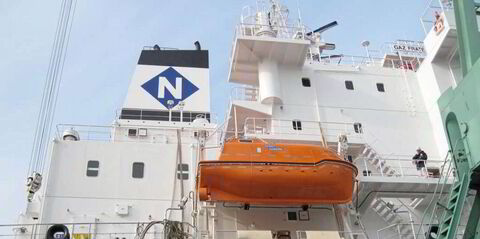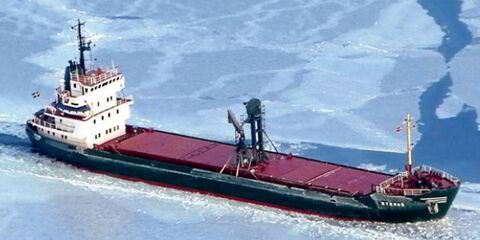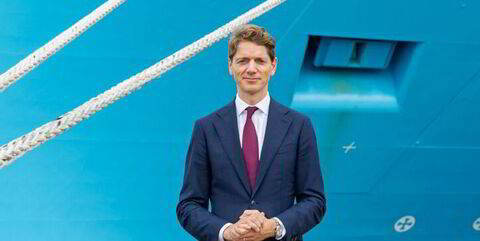US oil major ConocoPhillips is trying to take over Venezuelan counterpart PDVSA's assets in the Caribbean as part of a nationalisation row.
Reuters cited sources familiar with the matter as saying the company wants to enforce a $2bn arbitration award arising from PDVSA nationalising its assets in Venezuela.
ConocoPhillips is targeting export refineries on the islands of Curacao, Bonaire and St Eustatius.
They accounted for about 25% of Venezuela's oil exports last year.
The company has received court attachments freezing assets at at least two of the facilities, and could move to sell them, one source said.
PDVSA and the Venezuelan foreign ministry did not respond on Sunday to requests for comment. Dutch authorities said they are assessing the situation on Bonaire.
PDVSA on Friday ordered its tankers in the Caribbean to return to Venezuelan waters and await further instructions, Reuters said, citing a document it had seen.
Conoco's claims against Venezuela and state-run PDVSA in international courts have totalled $33bn.
"Illegal appropriation"
"Any potential impacts on communities are the result of PDVSA's illegal expropriation of our assets and its decision to ignore the judgement of the ICC [International Criminal Court] tribunal," Conoco said in an email to Reuters.
It added it will work with the community and local authorities to address issues that may arise as a result of enforcement actions.
Bonaire has the 10m-barrel BOPEC terminal, which sends fuel to Asia in particular.
On St Eustatius, PDVSA rents storage tanks at the Statia terminal, owned by NuStar Energy of the US, where more than 4m barrels of Venezuelan crude were retained by court order, a source said.
Last October, PDVSA was barred from the storage terminal due to unpaid bills.
NuStar Energy claimed it was owed $26m.
Curacao is home to the 335,000-barrel-per-day Isla refinery and Bullenbay oil terminal.
The order there could not immediately be enforced, according to Reuters' sources.
Several cargoes have been retained or seized in recent years due to unpaid fees or debts.
In March, PDVSA settled a cargo dispute that saw one of its aframaxes arrested in Curacao last year.
The deal for an undisclosed amount meant the 99,000-dwt Proteo (built 1993) was free to leave and PDVSA could dispose of the crude on board, the Curacao Chronicle reported.
